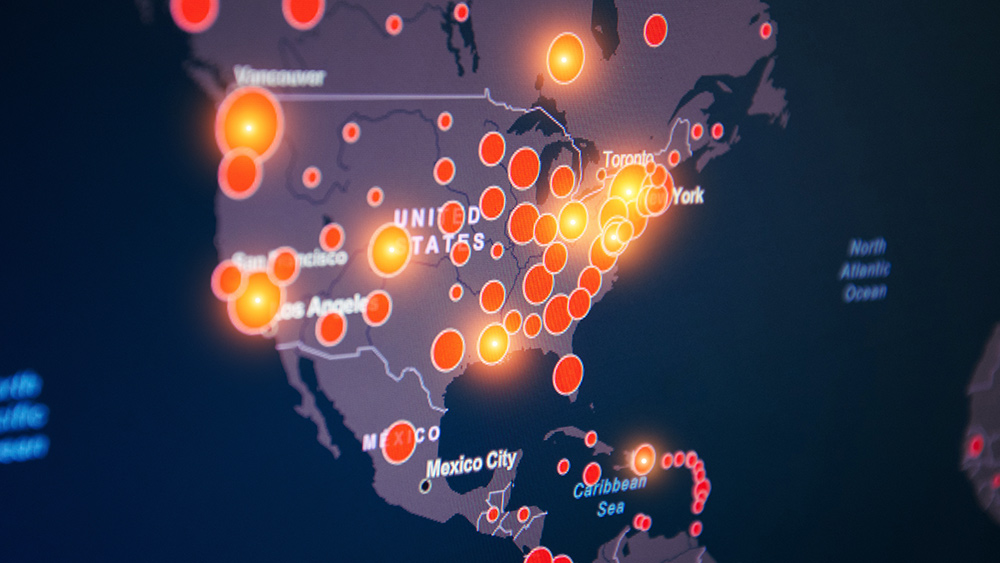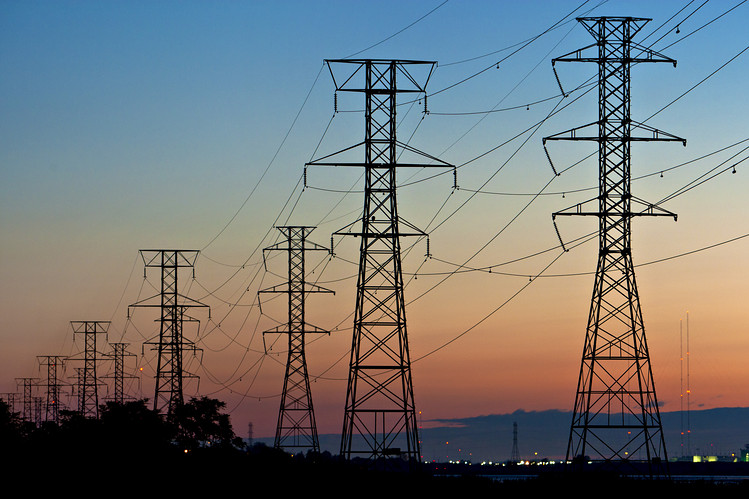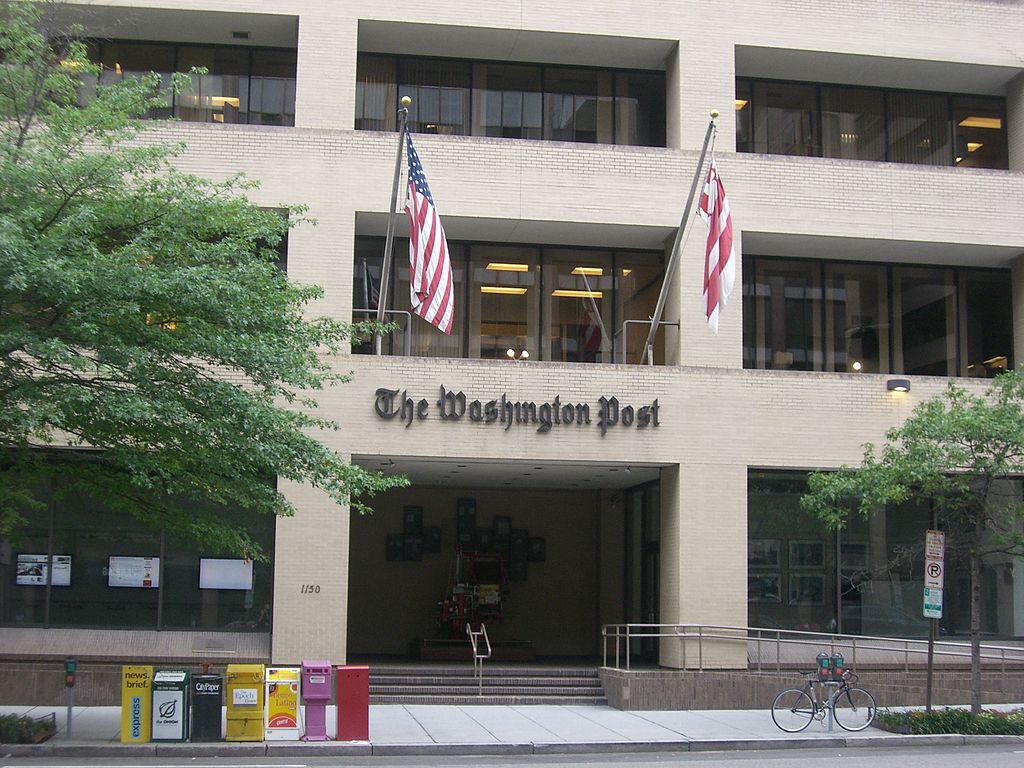
A recent study has shone new light on just how much asymptomatic carriers have spread the Wuhan coronavirus (COVID-19) in America. The study, published in the journal Proceedings of the National Academy of Sciences, states that these people may have been responsible for more than half of the coronavirus cases in the United States.
The study comes out just as the country is seeing a jump in the number of new coronavirus cases, with 50,000 being the highest recorded in a single day. This is also the highest rate ever recorded since the pandemic began and double the number of positive tests reported last month.
According to data from Johns Hopkins University, the U.S. has over 12,232,745 cases and 133,241 coronavirus deaths at the time of writing.
The role of asymptomatic carriers in the outbreak in America
Experts have known for some time that asymptomatic carriers – those who don't show any symptoms of COVID-19 infection – greatly contributed to the spread of COVID-19 in America. By early spring, scientists in China had already identified them as one of the main causes of the virus's rapid spread. (Related: Study: Nearly 8 out of 10 coronavirus patients in China caught it from someone with NO symptoms.)
The recent surge in cases in the U.S., however, comes as a number of states move to reopen and has forced scientists to take another look at asymptomatic carriers.
A team of researchers from Yale School of Public Health, the University of Florida and York University in Toronto created models to examine how big a role asymptomatic carriers played in the outbreak in America. They presumed that carriers were more likely to be contagious before they showed any symptoms of the disease.
The team's model also mimicked New York City demographics and assumed that all who were infected isolated themselves immediately and remained in isolation until after they recovered.
The team determined that between 17.9 percent and 30.8 percent of all COVID-19 cases are asymptomatic. Considering the minimum (17.9 percent), they calculated that 51.4 percent of total transmission could be attributed to asymptomatic infections, with carriers who are yet to show symptoms accounting for 48 percent.
But if the maximum 30.8 percent are asymptomatic cases, then 53.6 percent of transmission could be attributed to a combination of asymptomatic and presymptomatic stage infections.
Based on these figures, the researchers concluded that simply isolating people who showed symptoms of COVID-19 would not be enough to put the pandemic under control.
Study comes as states struggle with reopenings
The study's results paint a grim picture for U.S. states who are considering reopening. Even now, some states who have reopened too soon are reversing their decisions in the face of resurgent outbreaks.
In Arizona, Gov. Doug Ducey ordered bars, movie theaters, gyms and water parks to close again, in late June. These places had reopened in mid-May after a closure order had been left to expire.
Meanwhile, in Texas, one of the first states to reopen, Gov. Greg Abbot has issued an order mandating the wearing of masks, reversing a previous one he'd made that specifically forbade local officials from issuing their own mask orders. Abbot's order came just as the state's hospital systems were pushed to the brink, with intensive-care beds in cities like Houston overflowing with patients.
In New Jersey, on the other hand, Gov. Phil Murphy delayed the restart of indoor dining in the state. Murphy attributed this to people refusing to wear masks or follow social distancing.
These efforts, however, may not be enough to stop the spread of the virus, according to the researchers. For the coronavirus to infect no more than one percent of the U.S. population, they estimate that at least 33 percent of asymptomatic cases would need to be identified and isolated. As such, the researchers believe that mass testing, coupled with extensive contact tracing, is the key to fighting COVID-19.
Testing efforts in the U.S. recently suffered a new setback, however, after the accuracy of 4 million testing kits procured by the Federal Emergency Management Agency (FEMA) was questioned. Sources claimed that the test kits, produced by the Florida-based company Fillakit, had been manufactured in unsterile conditions and were therefore contaminated.
FEMA and the Food and Drug Administration have since ordered state health departments to stop using the kits, reducing their ability to conduct testing. Meanwhile, Fillakit has since closed its doors, though its contract with FEMA is still under congressional inquiry.
Meanwhile, with this is happening, the reduced testing capacity is allowing asymptomatic carriers in the U.S. to remain untested, and this, in turn, is enabling COVID-19 to continue spreading.
Sources include:
Please contact us for more information.





















